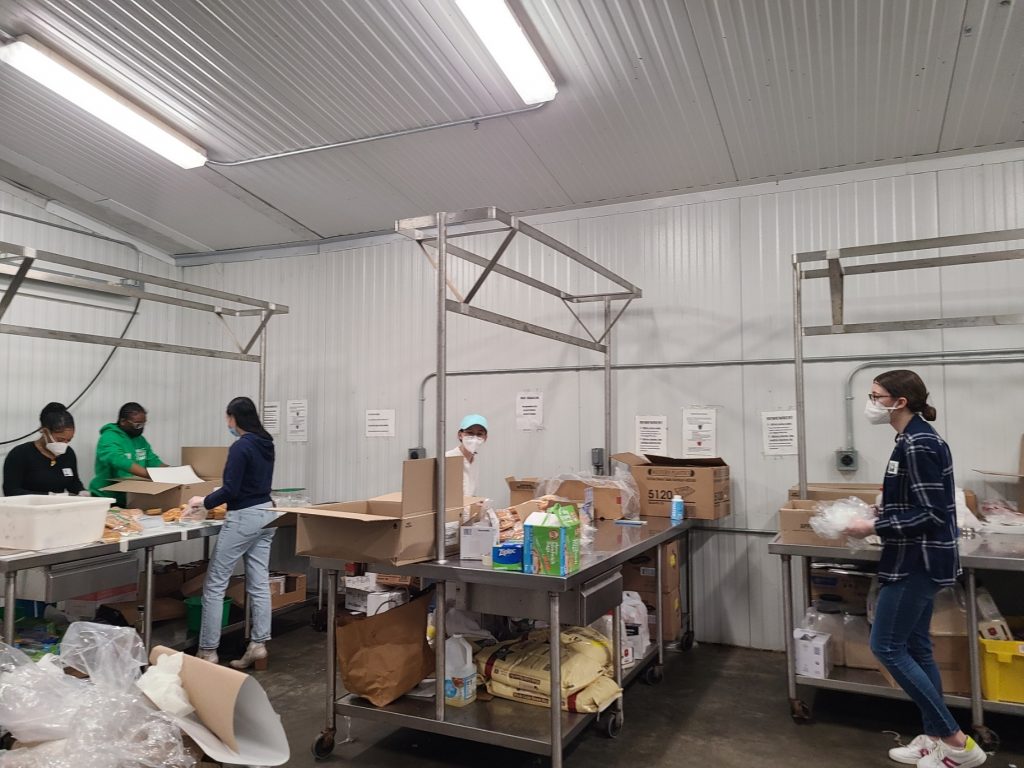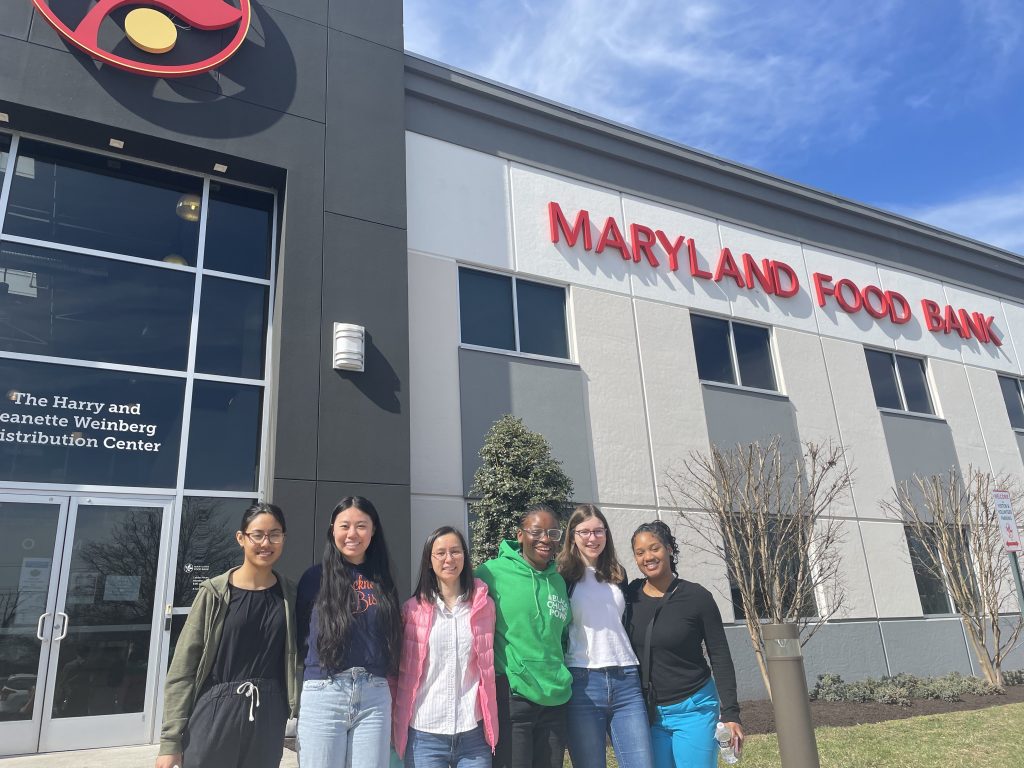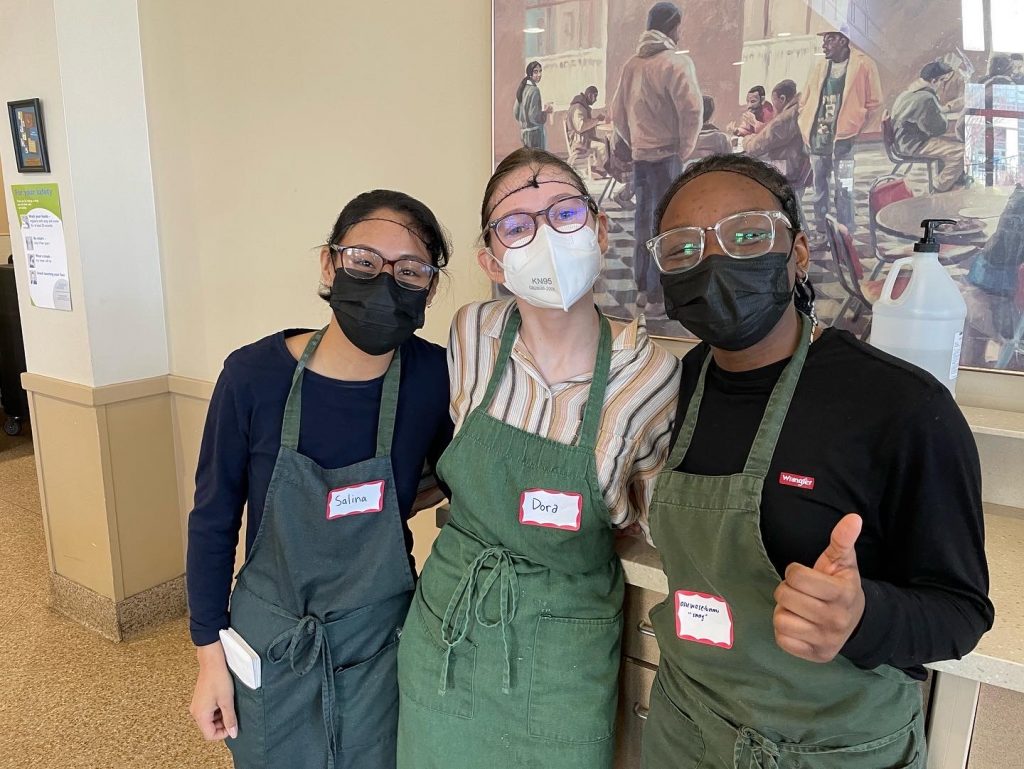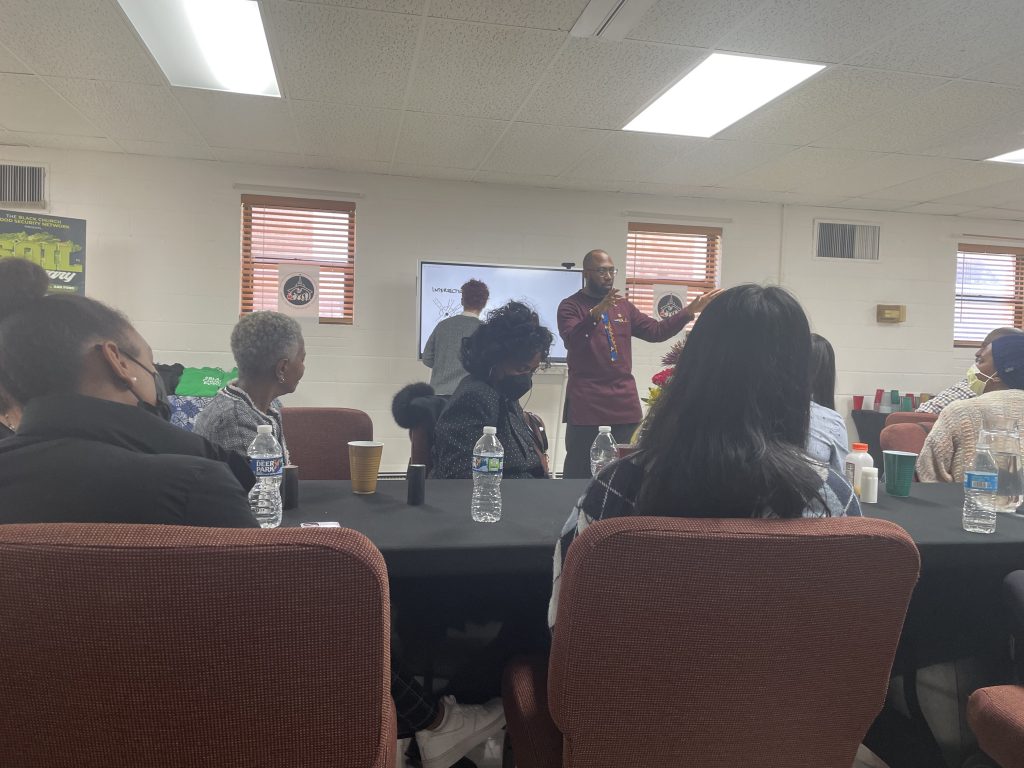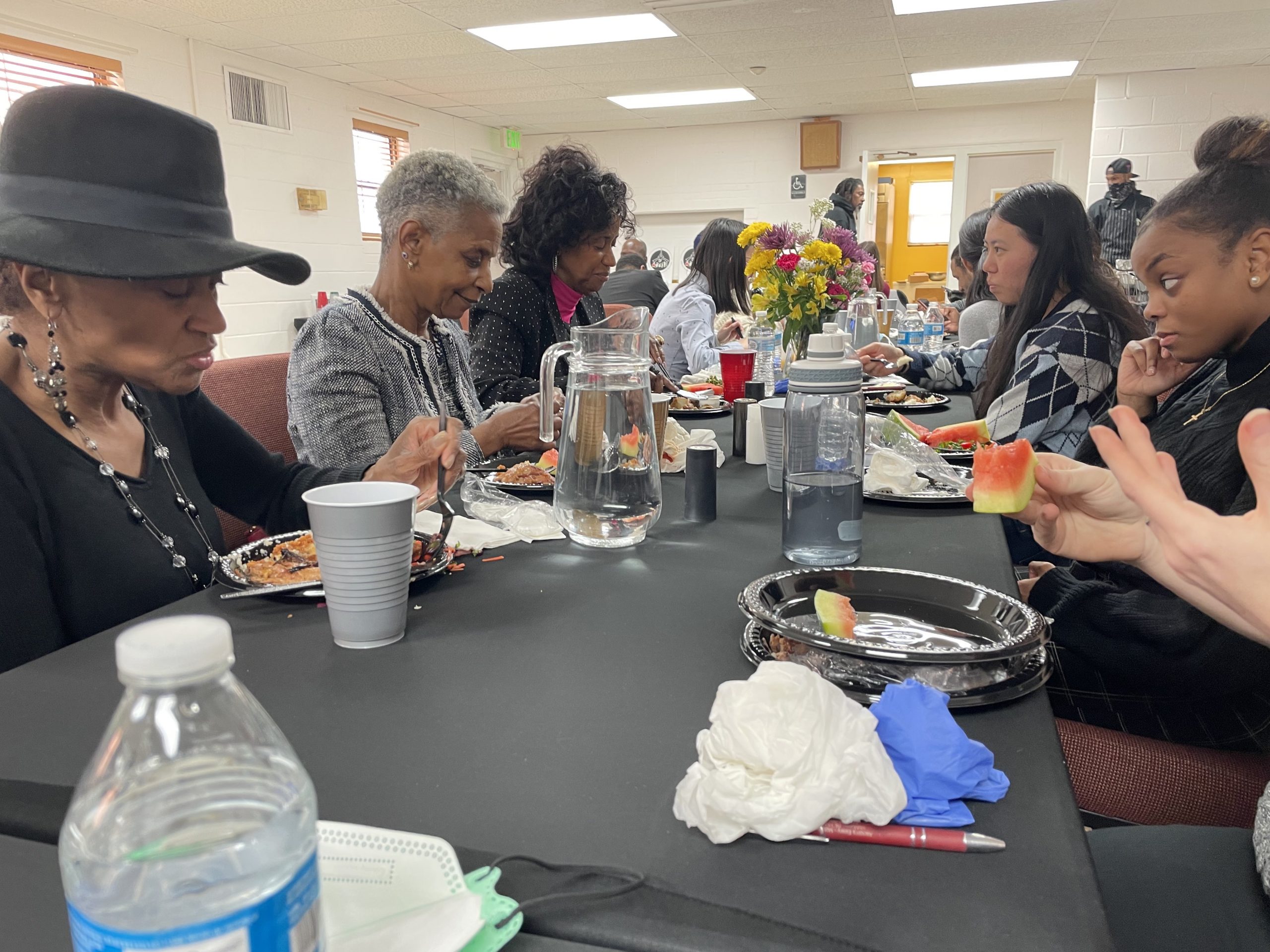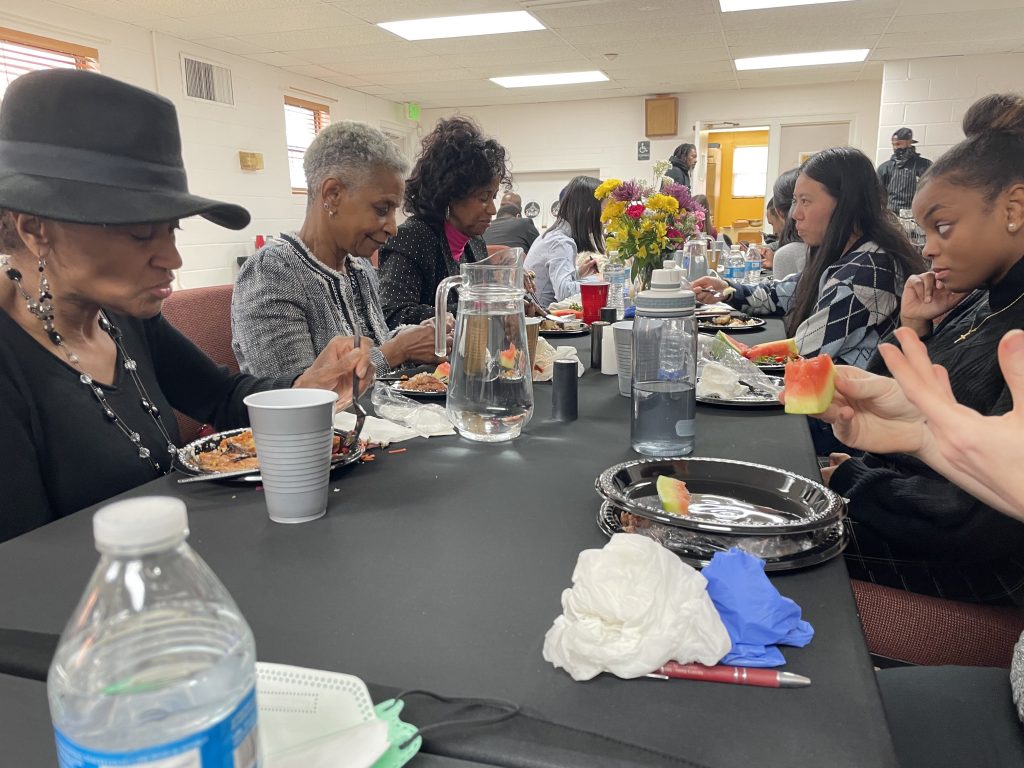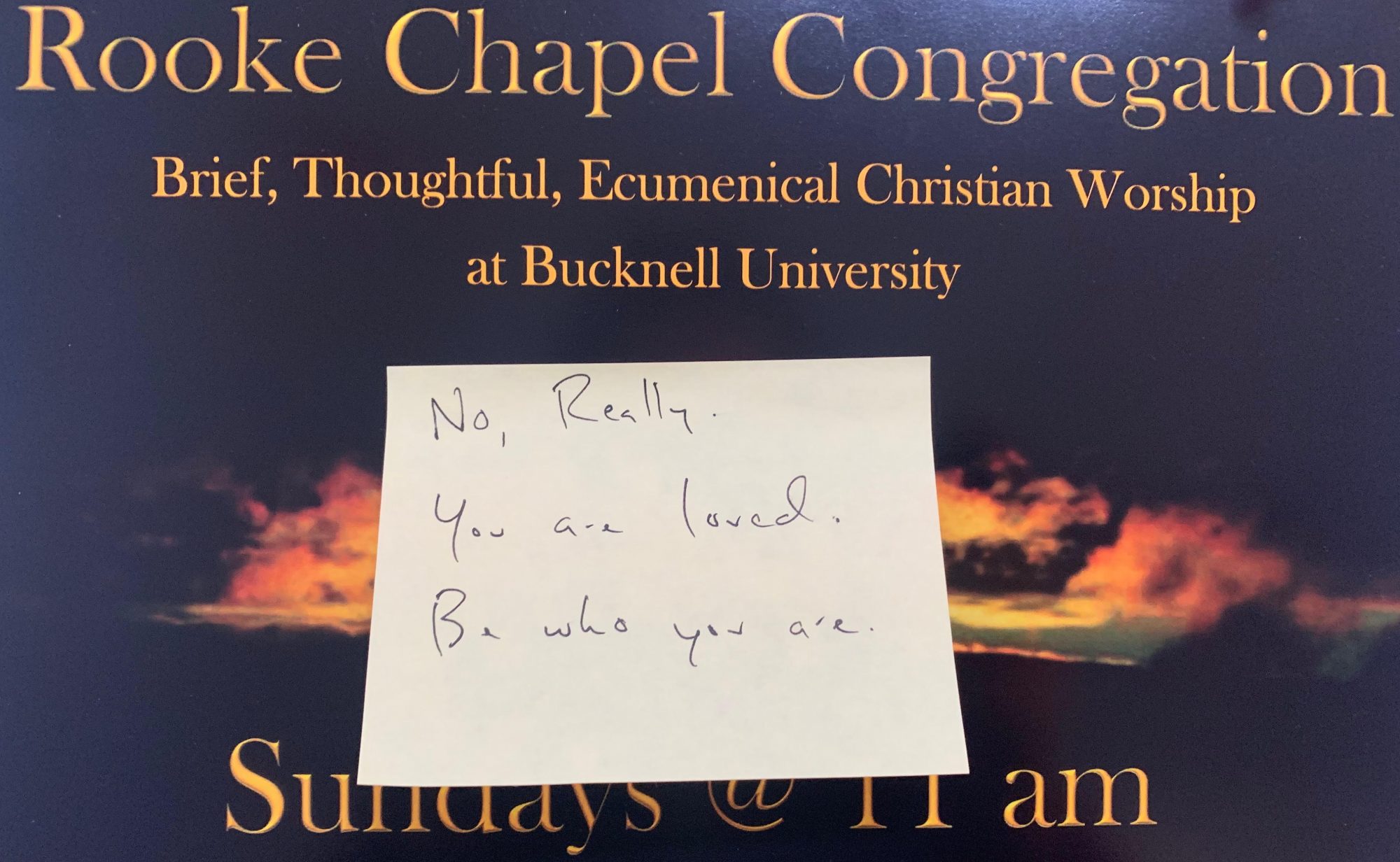Sunday 8/22/2021
Rooke Chapel Worship
2 Kings 2:10-12, 3:3-14
If you know one thing about King Solomon,
you probably know, that he was wise.
Tradition holds him as the author of great wisdom literature,
and a just and wise ruler.
If you know two or three things about him,
you probably know him as the builder of the Temple,
the ruler over a vast, united Kingdom,
and a man of great wealth.
You may even know,
some of his more troubling details,
like the 700 wives he was said to have.
Solomon is both a picture of success,
and complicated human,
and a critique, in the end, of power and monarchy.
What you probably did not know about him,
prior to reading this morning’s text – though.
is that he suffered from imposter syndrome,
as he ascended to the throne.
He becomes King,
and makes the requisite sacrifices to God,
and goes to sleep,
and God comes to him in a dream and says,
“ask me for anything”
and Solomon says,
Um…thanks for making me King.
Appreciate it.
Would like to note –
“I am only a little child; I do not know how to go out or come in.”
My study bible suggests that the phrase,
“I am only a little child” in its original form,
would suggest that Solomon was “about 20 years old” at this moment. (New Oxford Annotated Bible)
Perhaps you have found yourself wandering this campus this week,
about 20 years old,
looking for a particular room, in one of our Labyrinthine buildings,
and thought to yourself: “I do not know how to go out or come in”
I’ve been there.
I still never know which side of the ELC, I’m going to come out of,
when I leave the building
Perhaps you find yourself wondering,
in this period of transition,
this period of orientation,
if you belong here.
if you’re good enough,
if you’re smart enough,
if you have gifts to offer.
Perhaps as we emerge from a year of hybrid learning,
and social distancing,
we wonder if we remember how to do anything.
If you’re a freckled girl,
headed to a new school building,
you’re not sure you’ll like.
Or if you practiced your bored face,
over the summer,
in hopes of impressing your friends.
Or if wonder if you have anything at all to offer your students.
If so, know – at the very least –
that you stand in the company, of one of the richest, and wisest, and most powerful men, in all of scripture, and history, and literature.
“I am only a little child, and I do not know how to go out or to come in.”
One of the great secrets of the world,
is that we all feel like imposters from time to time.
From those who never imagined attending a place like this,
to those returning to teaching after a tough year.
those who are privileged and advantaged.
to those who are here because of generosity and scholarships.
to great and powerful kings, on the cusp of their rule.
We all wonder, from time to time, if we belong.
And we pretend most of the time to be fine.
At its best, this wonder if we have anything at all to offer,
fills us with humility and empathy for our fellow travelers.
Which are – we’ll discuss shortly – intimately bound up with wisdom.
At its best, it grounds us and does work for us.
But at its worst, it remains hidden,
and teaches us to keep our thoughts to ourselves.
it keeps our light hidden under a bushel. and closes us off.
we’ll gather this semester with a theme, which is “big questions.”
And most of our big questions, we will draw directly from scripture.
“Who is my neighbor?”
“How often must I forgive?”
Can any of you by worrying add a single hour to your span of life?”
Am I my brother’s keeper?
How long. oh Lord, must we wait?
Some of the questions will have clear and important answers,
(everyone, often, no, yes, and not forever – if you’re keeping track.)
but you may have noticed, that Jesus asked a lot of questions.
And he answered lots of questions, with questions.
So if Jesus is the embodiment of the divine.
The Word made flesh.
This seems to me an important signal.
One of the great contemporary Rabbis, Abraham Joshua Heschel said,
“We are closer to God when we are asking questions than when we think we have the answers.”
And that resonates with me.
Because I think,
and have experienced,
God is bigger than words,
and bigger than simple answers,
and is found -as often as not – in the asking, and the wondering
This week, our scripture has an implicit question,
as God comes to Solomon in a dream, and says,
ask me for anything.
and the question comes back “for what should we ask?”
God is not a wish granting genie,
you may have noticed.
Otherwise, I imagine this pandemic would have been over long ago.
Rather, I think, our ultimate picture of God,
is one who loves us, cherishes us, just as we are.
But does not wish to leave us just as we are.
But rather calls us,
to deeper faith,
deeper justice,
deeper wisdom.
you, my dear friends, like Solomon, have manifold gifts.
you are indeed good enough,
and smart enough.
and you are here for a reason.
I am confident in that,
even if you are not,
and even if we have not yet met.
And I might suggest humbly,
that that reason, goes beyond earning potential.
or family expectation.
or self-advancement.
You are here for a purpose.
or perhaps many purposes.
And you are here, to explore and discover those purposes, in community.
It is an amazing gift.
But it is not enough to be smart.
It is not enough to be ambitious.
You are here to become more wise.
You have come here to develop a wise and discerning mind.
Because the world needs wise people.
There are plenty of smart people,
who have led us to disaster.
plenty of ambitious people,
who have gained only for themselves.
How many smart and ambitious billionaires,
are trying to shoot themselves into space right now?
I’ve lost count.
Even as people hunger?
Even as inequity abounds?
Even as our planet is on fire?
The world needs wise people.
wisdom, we often associate with age, right?
The white bearded Gandalf and Dumbledore types.
But we see here, a different picture of wisdom,
which is mixed intimately and ultimately,
with humility.
Wisdom and age are correlated, perhaps,
but most assuredly not causal.
wisdom demands humility.
wisdom needs humility.
wisdom cannot exist,
if we think we know everything.
if we are unable to take counsel from those who know more,
or have experienced more.
So, trust, that you have much to offer,
and know that you have much to learn,
spend a few moments each week,
listening to the gentle voice of God,
pushing and pulling you,
toward your purposes,
and surround yourself with people who bring out your best, and most curious.
And you will become more wise.
And most of all, my dear friends. know how deeply you are loved.
Wisdom, ultimately, is grounded in the faith,
that you are deeply, wonderfully, and unbelievably loved,
by a God who would do anything for you.
Who is still speaking to you,
through dreams, and friends, and worship, and prayer.
You are precious,
and unique,
and valuable, already.
Not because of anything you have done, or will do.
But because love is who God is.
And I thank God for you.
and for bringing you here.
and for bringing us together. this ragtag bunch of misfits,
wondering all the while if we belong here.
You needn’t make a thousand burnt offerings – thank God.
You need only walk your path,
in wonder and faith, in trust and love.
You need only say yes to the love God is already showing you:
in the good times and the hard times alike.
as you walk the path toward humility and wisdom.
for what should we ask?
simply that.
the strength to stay on the path.
the trust that we are loved,
and have something to offer.
the ability to ask the big questions,
and become more humble and more wise.
and a community to walk with us. This is a good start!
and let the people say together: Amen.
Continue reading “For what should I ask?”
